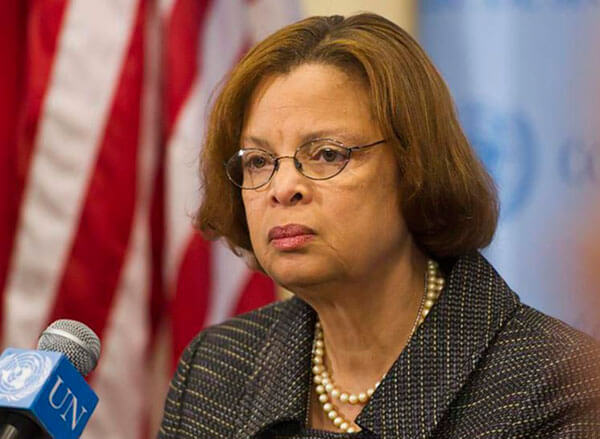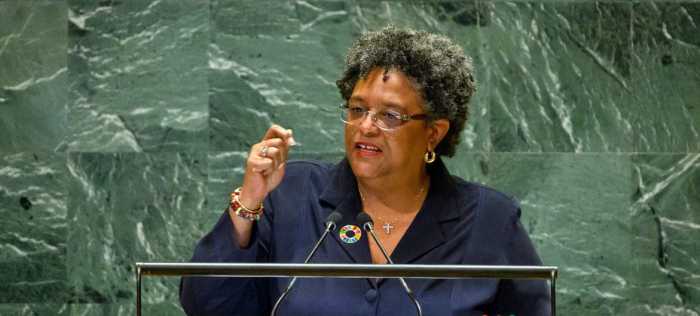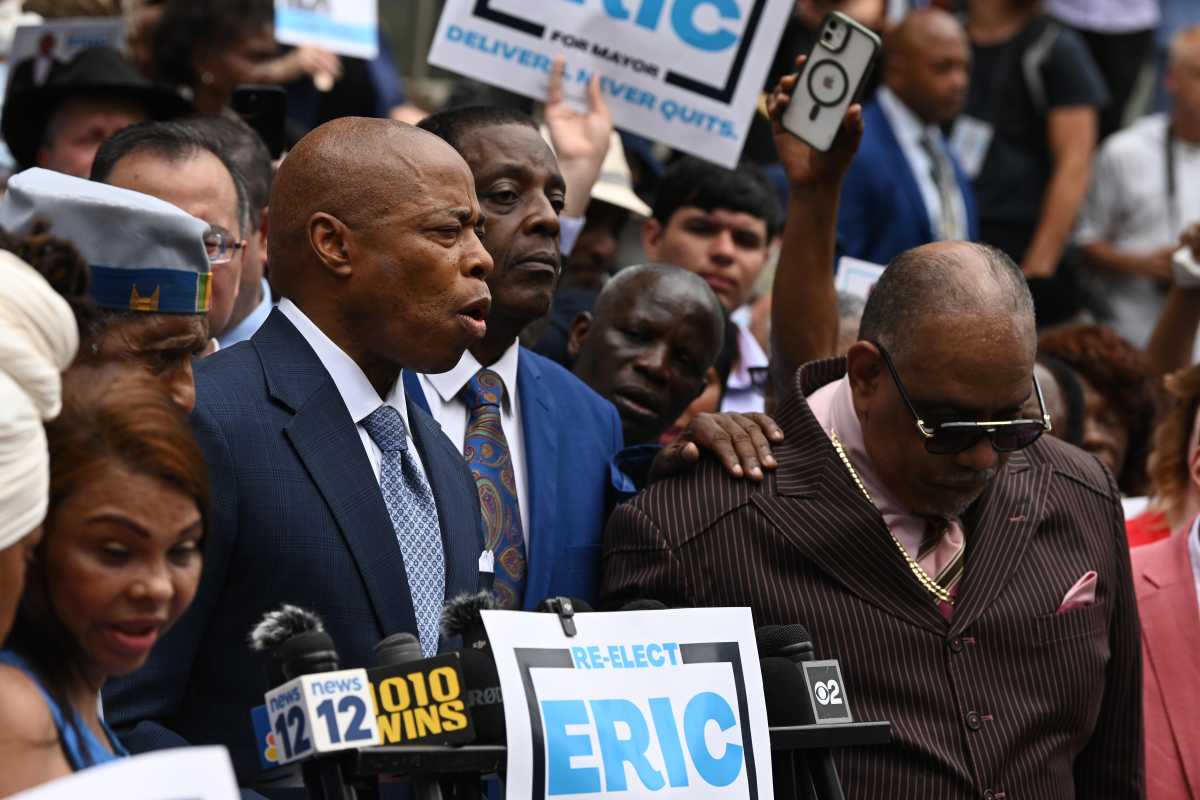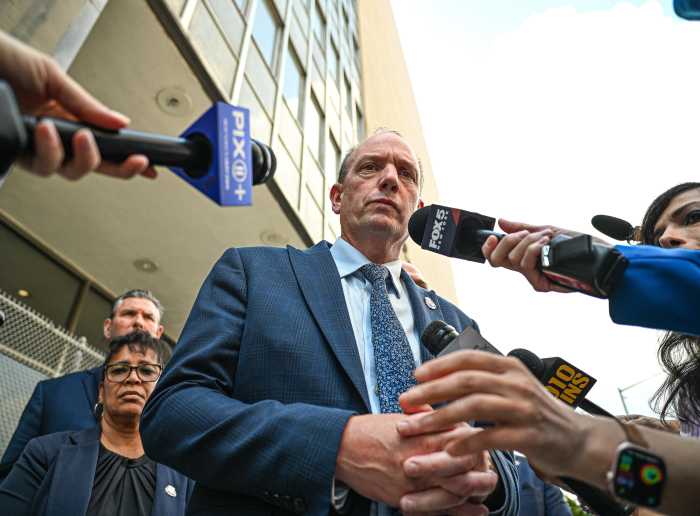With the holding of the first round of elections on Aug. 9, the United Nations envoy to Haiti, Sandra Honoré, says the French-speaking Caribbean country is taking “resolute” steps in renewing its democratic institutions.
In presenting UN Secretary-General Ban Ki-moon’s latest report on the work of the UN Stabilization Mission in Haiti (MINUSTAH), which she heads, Honoré said on Thursday that Haiti is also moving resolutely towards the re-establishment of institutional balance.
After a prolonged period, the UN said Haiti’s Electoral Council published the results on Sept. 27, according to which there were 10 contenders who won an outright victory for Senate and lower chamber seats.
However, 25 electoral districts will require re-elections due to electoral violence, the UN said.
“Notwithstanding the efforts of the Electoral Council, the government and the Haitian National Police (HNP), severe acts of violence and some technical irregularities invalidated the Aug. 9 vote in 13 per cent of the country’s voting centres,” Honoré told the Security Council.
She commended the actions taken by the Electoral Council to address the shortcomings, responding to recommendations from political parties and implement corrective measures.
“To recapitulate, therefore, the 25 October polls will include the first round presidential; second round legislative; as well as the municipal vote, together with the re-runs for the first round legislative vote in the constituencies affected on 9 August,” Honoré said.
She further pointed out that, for the first time in Haitian electoral history, the Electoral Council took punitive action against instigators of electoral violence.
The UN said that members belonging to 10 political parties were barred from further participation in the elections, and 17 political parties were issued warnings for instigating criminal acts and voter intimidation.
Honoré noted the commitment expressed by the Haitian National Police (HNP) to undertake measures to improve police performance in the upcoming round, to ensure a stable electoral climate.
On a related note, she added that work continues towards the implementation of the HNP 2012-2016 Development Plan, which is now in its final year.
The UN said it is working towards reshaping its assistance, to acknowledge progress, and to concentrate its action where criminality affects most the main security indicators, such as homicides and gang confrontations.
“I encourage member States to provide experts in administrative, technical and operational support in the form of Government Provided Personnel as well as specialized teams in key fields of policing, with a view to creating longer-term post-MINUSTAH partnerships among the Haitian National Police, donors and other international partners,” the UN envoy said.
She told the Security Council that in order to sustainably transfer such activities and other responsibilities of MINUSTAH, and mindful of the transition process of the Haitian authorities, Ban has recommended the extension of the mission for another, and possibly, final year.
“An Integrated Strategic Assessment Mission will be deployed after the completion of the electoral cycle and the installation of a new President and authorities to formulate recommendations for the future presence of the United Nations in Haiti,” Honoré said.
However, she stressed that, for now, despite the near-success of the August 9 polls, the engagement of the UN system, including MINUSTAH and its uniformed components, continues to be required in support of operations, logistics and security in Haiti.
She also specified that despite the substantial budgetary allocations assigned by the Haitian government, including as largest donor to the UN Development Program (UNDP)-managed Basket Fund, the financial contributions of Haiti’s international partners continue to be critical for the completion of the electoral cycle.

























